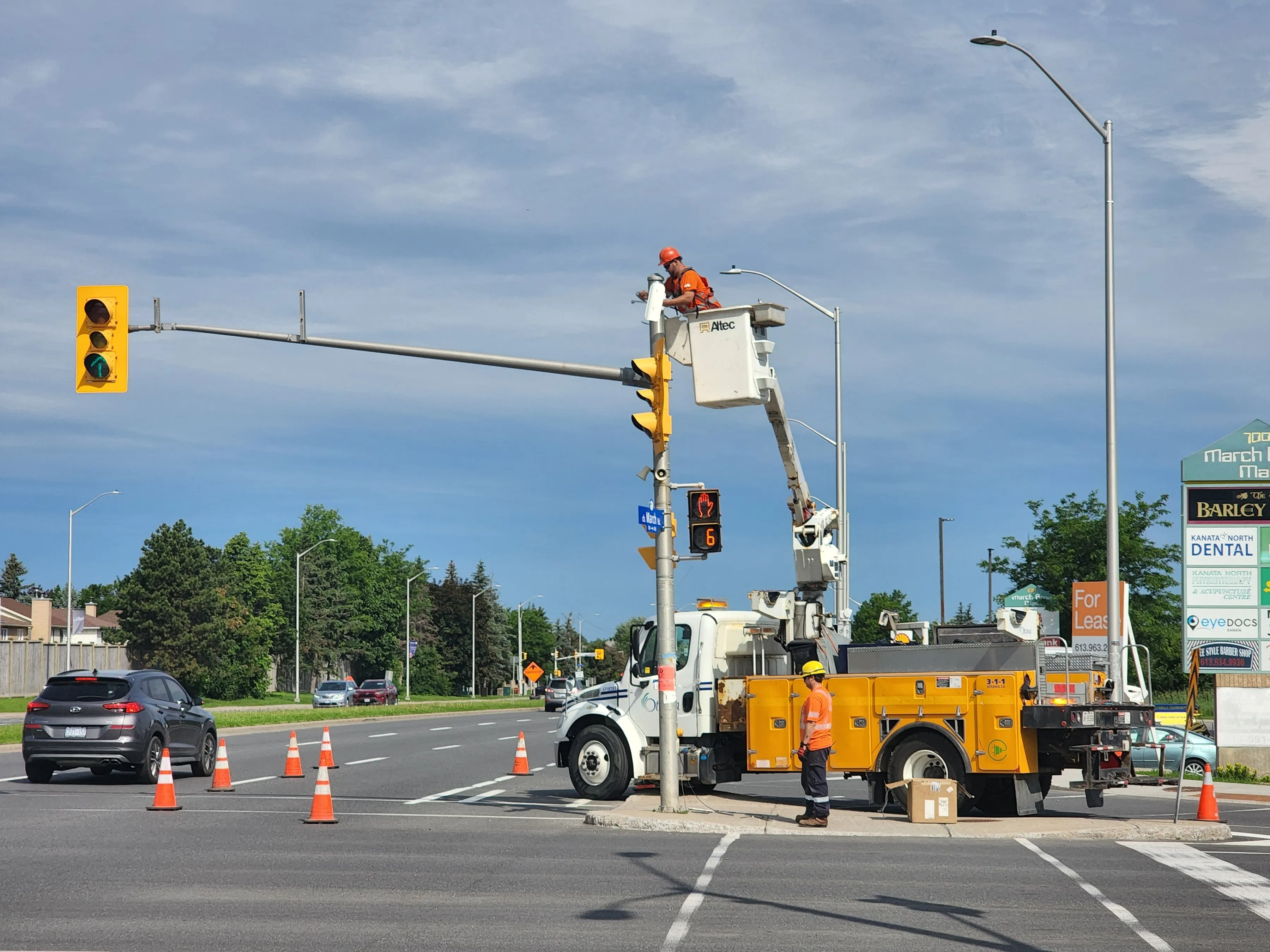
Kapsch TrafficCom has partnered with a Canadian research organisation to improve safety at intersections and railway crossings.
Area X.O is an Ottawa-based R&D complex operated by Invest Ottawa which aims to accelerate the application of next-generation connected vehicle solutions including hardware and software.
“Connected vehicle technology is making road traffic safer and more comfortable, and the integration of our equipment with technology by other providers is a vital step in the right direction,” says JB Kendrick, VP North America, Kapsch TrafficCom. “To realise the enormous safety potential of this technology, cooperation is key.”
Kapsch V2X roadside and on-board units were enrolled with BlackBerry Certicom’s public key infrastructure (PKI) and security credential management system (SCMS).
This solution helps safeguard the cybersecurity posture for V2X communications, and advance secure deployments for connected mobility solutions with municipalities, Kapsch says.
The system is managed by the Kapsch Connected Mobility Control Center (CMCC), which allows Area X.O, the City of Ottawa and others to capture data generated within the corridor for usage by other transportation systems.
“In a multimodal and a connected traffic environment, it is imperative to perform end-to-end system integrations to test the most safety-critical use case scenarios in the real-world,“ says Divyanshu Kamboj, strategic technology and testing director, Area X.O. “
Kapsch’s technology offering has accelerated our implementation of V2X test frameworks to validate improvements in road safety using machine vision sensor technologies.“









